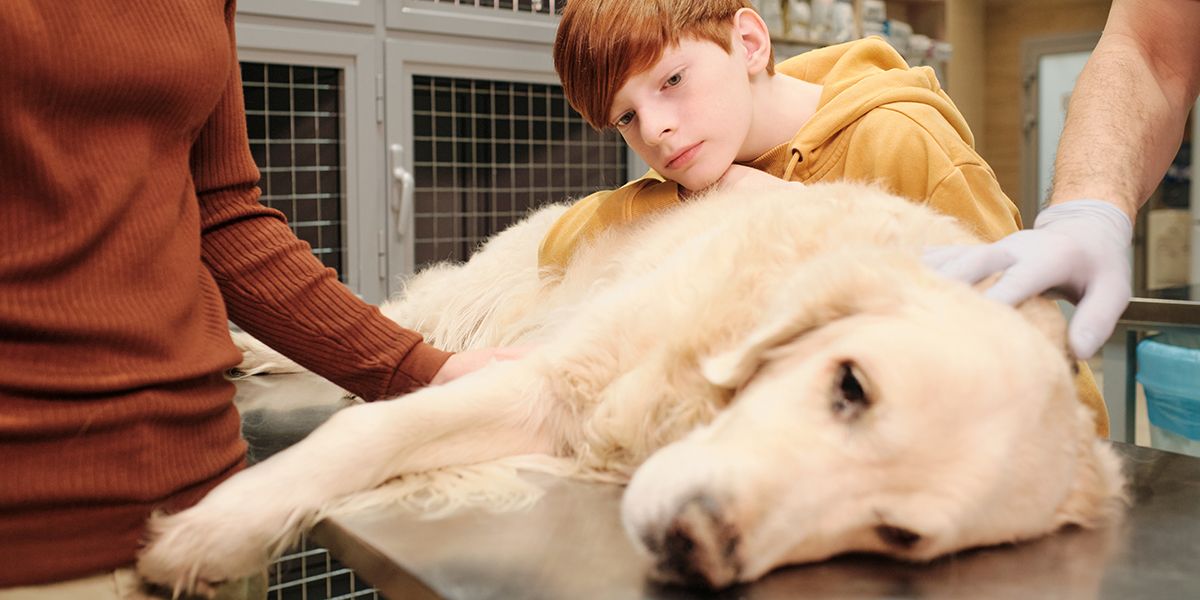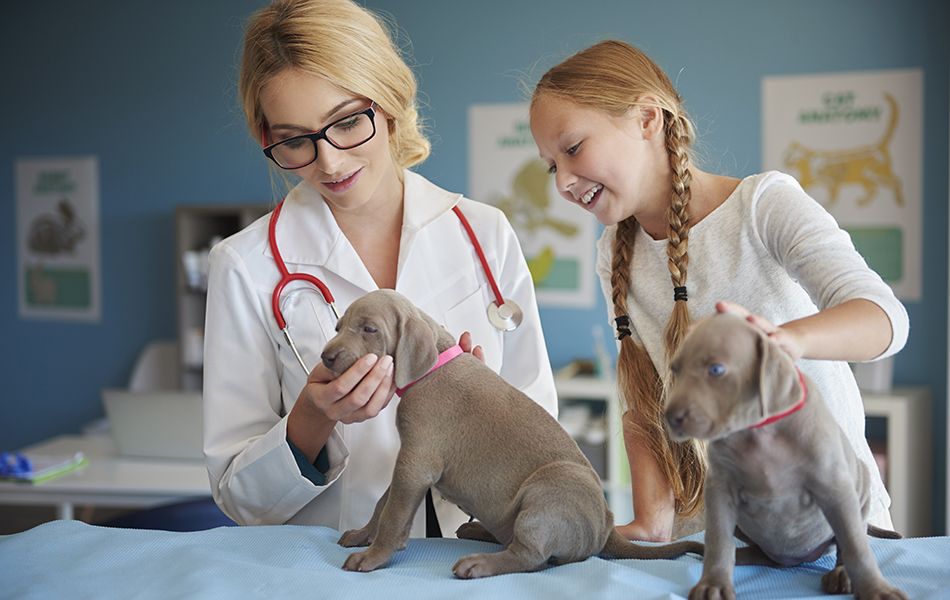When to Take Your Pet to the Vet: Top 7 Signs
Pets are a vital part of the family, but communicating with them can often be difficult. They may not be able to talk, but certain behaviors are cause for concern. For this reason, you want to be sure you can recognize the signs of distress and know when to take your pet to the vet.
If your pet begins to display any of these signs, have them come in for veterinary services in Tucson from Santa Cruz Veterinary Clinic right away.
Different Eating Habits
While skipping a meal here and there isn’t usually an issue, not eating for two or more days is concerning. Often pets will do this if they have a mouth injury or are sick, or immediately following being spayed or neutered. When the opposite occurs, and your pet is unusually hungry, it may be a sign of a serious medical issue. Both are signs that your pet needs to see a vet as soon as possible.
Drinking More Water
Pets will often drink more water when the weather is warmer or activity increases. It becomes a problem if they drink excessively for several days without reasonable cause. This may be an indication of kidney disease or diabetes.
Strained Breathing
A notable sign of when to take your pet to the vet is labored breathing, fast panting, or shallow breaths. When this occurs in sync with sudden inactivity, weight loss, and coughing, it may signify a serious lung condition.
Vomiting
Like humans, pets will occasionally vomit to rid their bodies of something that didn’t agree with them. However, if they vomit blood for more than once in 12 hours, don’t wait too long before taking them to a vet. Vomiting that occurs along with diarrhea, lethargy, and a poor appetite can indicate dehydration or more serious conditions that require medical attention immediately.
Noticeable Eye Changes
A pet’s eyes can show signs of illness and should be seen by a vet if they remain dilated or constricted. Other indicators of when to take your pet to the vet are unusual discharge, drooping, or the third eyelid covering part of their eye.
Persistent Coughing
While an occasional cough is usually nothing to worry about, your pet will require medical attention if it continues for more than two days. There are various reasons they may be coughing, so testing would be needed to make a proper diagnosis. Common reasons your pet may be coughing include an infection, kennel cough, or something lodged in their throat.
Pet Shows Signs of Pain
One of the most apparent indicators that a pet needs to see a veterinarian is when they show signs of pain. These may include limping, flinching, yelping, crying, panting, hiding, and unwillingness to move. A vet can help narrow down the source of the pain and resolve the issue quickly.
Taking Your Pet to the Vet
Vet visits are often stressful for our pets and can lead to anxious behaviors. Here are tips when taking your dog to the vet compiled by our Santa Cruz Veterinary Clinic team to make your visit as seamless as possible. Call us at 520.889.9643 today to make an appointment.


